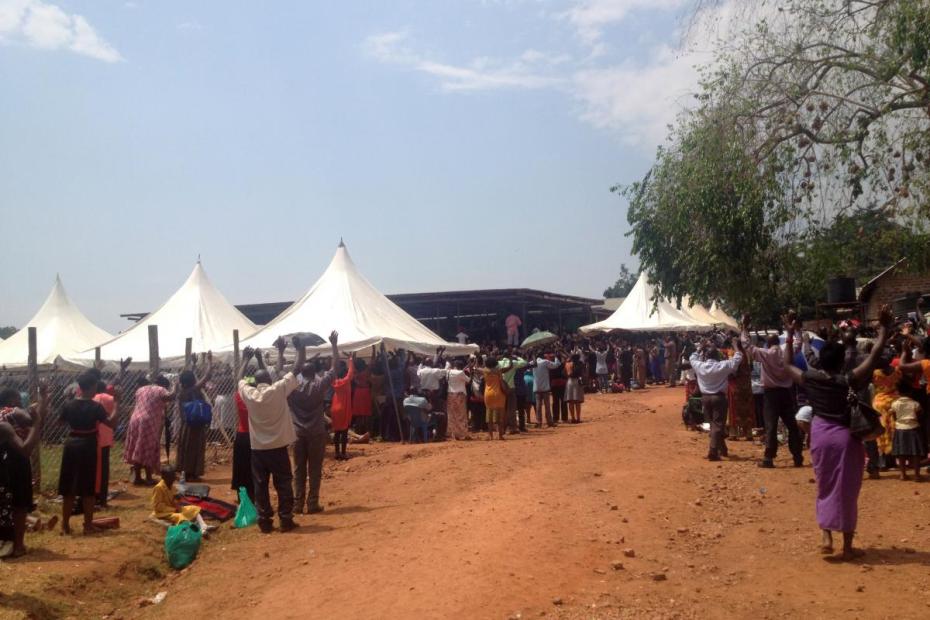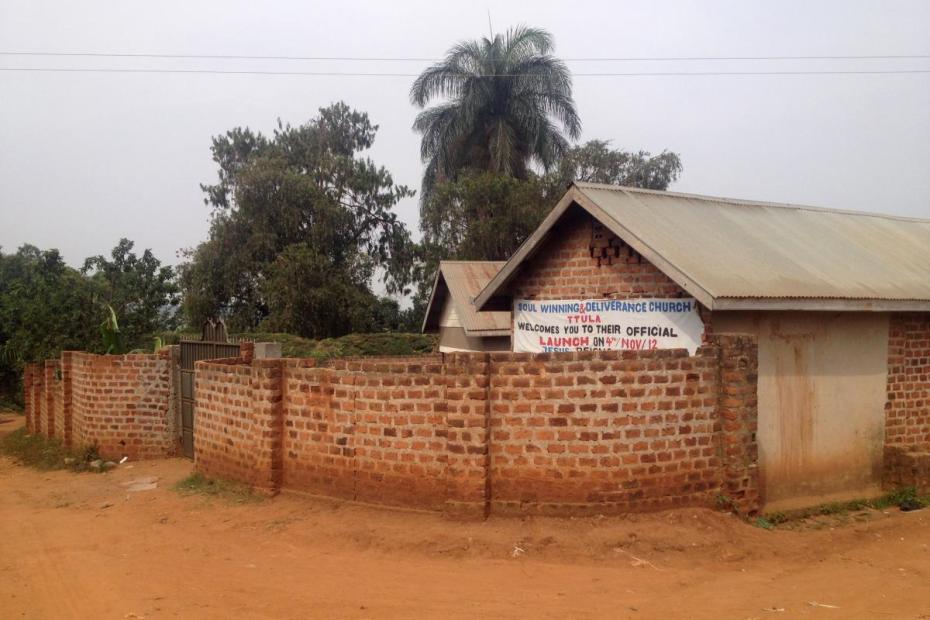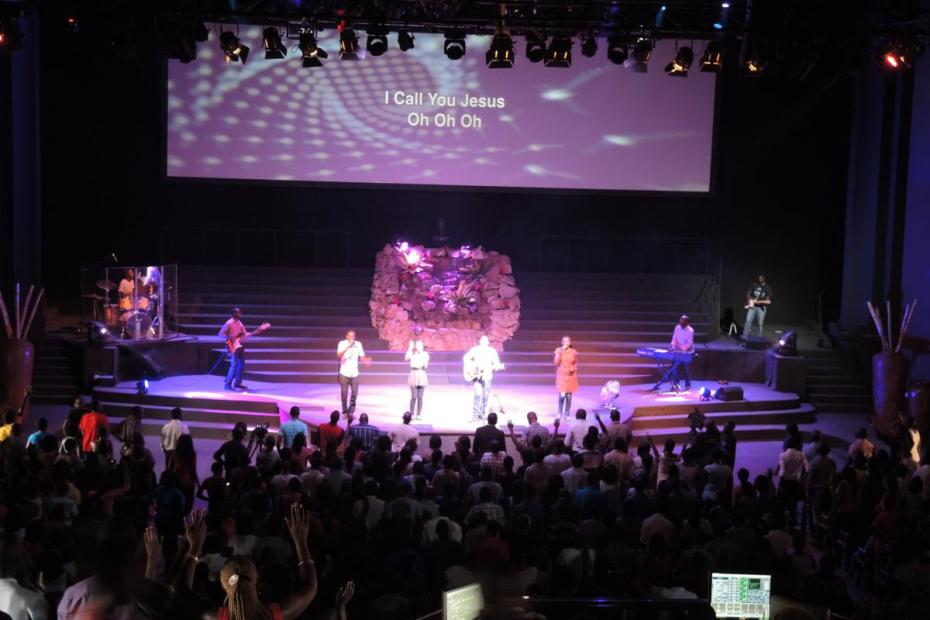Though charismatic Catholic movements in many countries date to the late 1960s or early 1970s, when it was brought by Americans, those movements did not have such an impact in Uganda, which struggled under intense oppression and political violence beginning in 1971. By the 1980s, the country was opened to Pentecostal churches, which spread quickly with significant American support.
Pentecostals have since attracted significant numbers of former Anglicans and Catholics1 , in churches ranging from small home churches that dot working class and poorer neighborhoods, to rock and roll mega churches in the cities. The "liveliness" of charismatic worship proves especially attractive to urban youth, according to Catholic youth interviewed.
Interviewees said the people they know were drawn away from the Catholic Church because the Pentecostal churches were more focused on Jesus and because the music was more lively and entertaining. Once they went, many found experiences of fullness of the Holy Spirit and physical healing that they had not found at Catholic churches. Catholic worship in Uganda, once particularly formal, but later having become inculturated, has struggled to keep up. Catholic churches today do much better with bringing in inculturated worship than at bringing in some of the globalized, contemporary musical and worship styles that are part of some urban Kampala Pentecostal churches. Many Catholics say they are uncomfortable with charismatic worship, but recognize that it keeps some Catholics from being drawn away to the Pentecostals. Ugandans reported that their parishes have become more biblically focused as a way to keep up, and some sites like Mt. Sion Bukalango have risen up to artfully combine traditional Catholic, Pentecostal, and traditional African forms of worship.
In Mbarara diocese, in Western Uganda, a healing priest named Fr. Bashobara attracts a large charismatic following. He is known for leading week long miracle crusades that are attended by thousands. His work centers on healing, not on prosperity gospel, and he is widely recognized for his charitable work, and has begun to attract a following in Europe and the United States.
One interviewee who had spent time in the north of the country indicated that the charismatic services there are much more vibrant, perhaps in part, he thinks, because such celebration is a better cultural fit there.
- 1The Pew Forum puts the number at 7%. See the article on this site titled “Uganda Survey Data” for more details.


